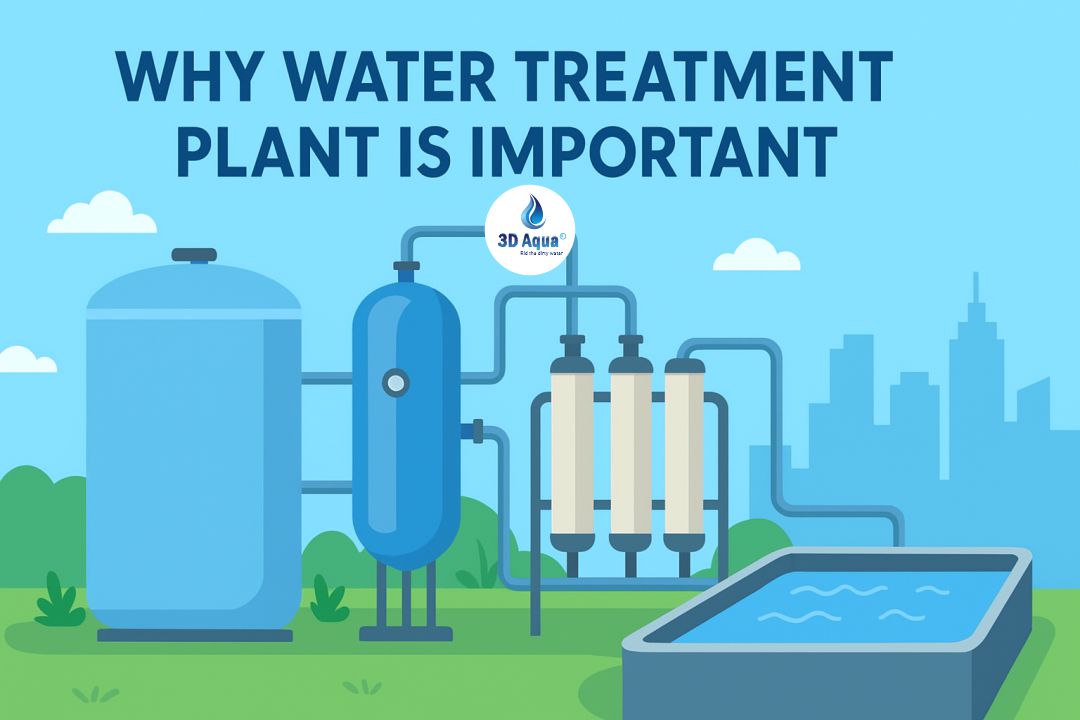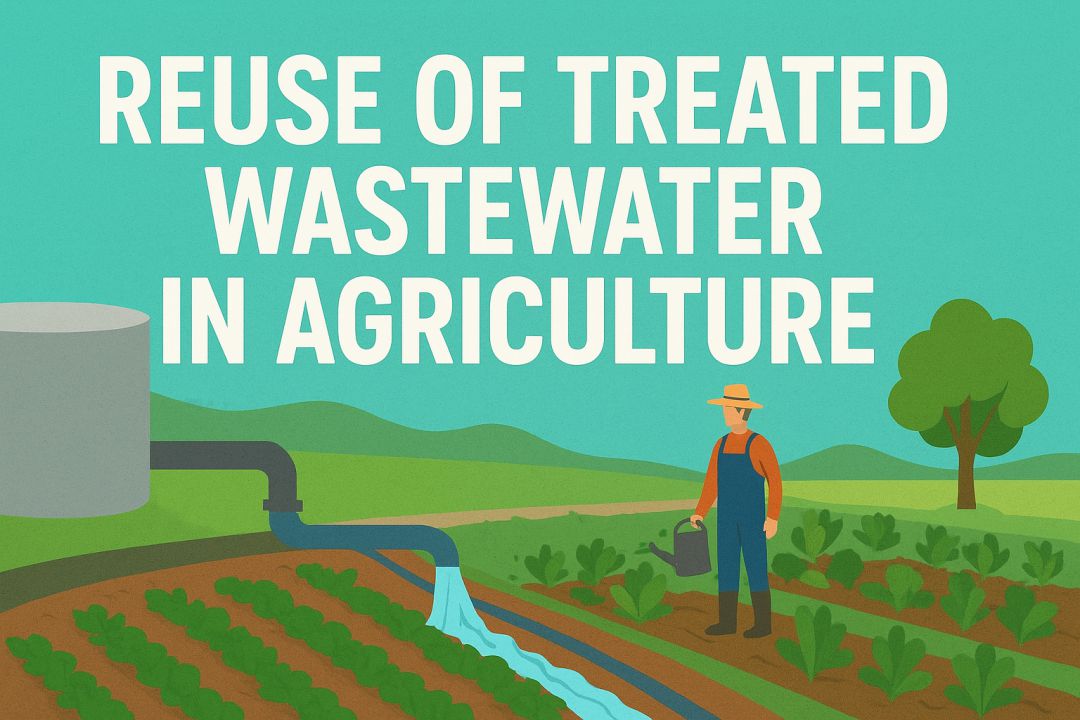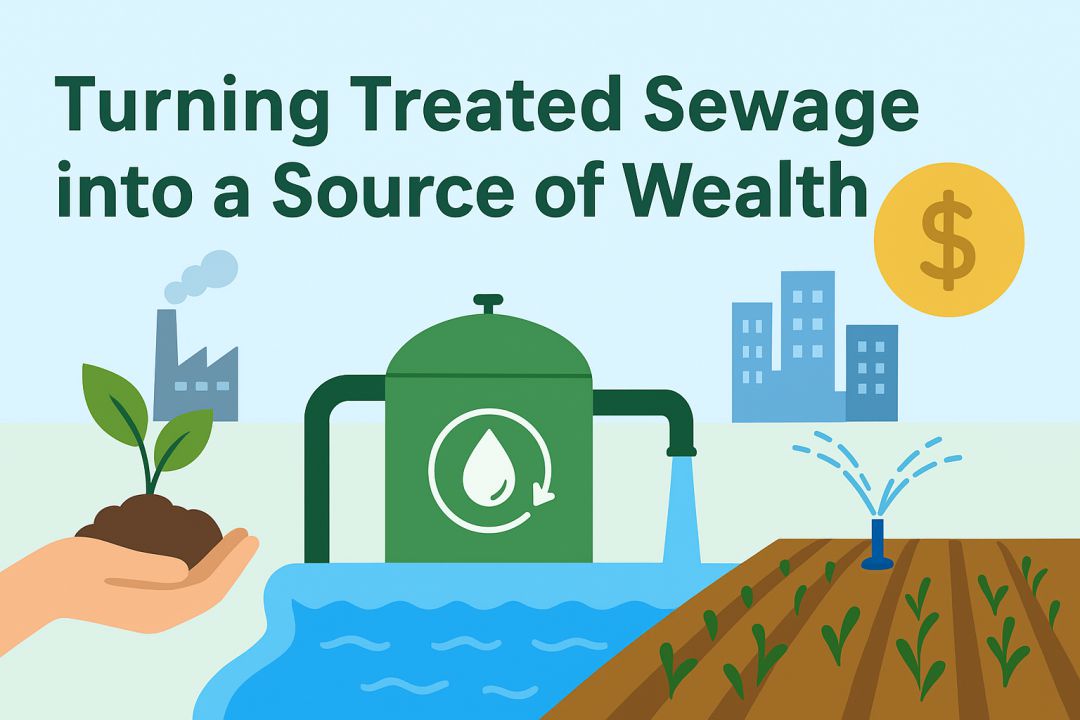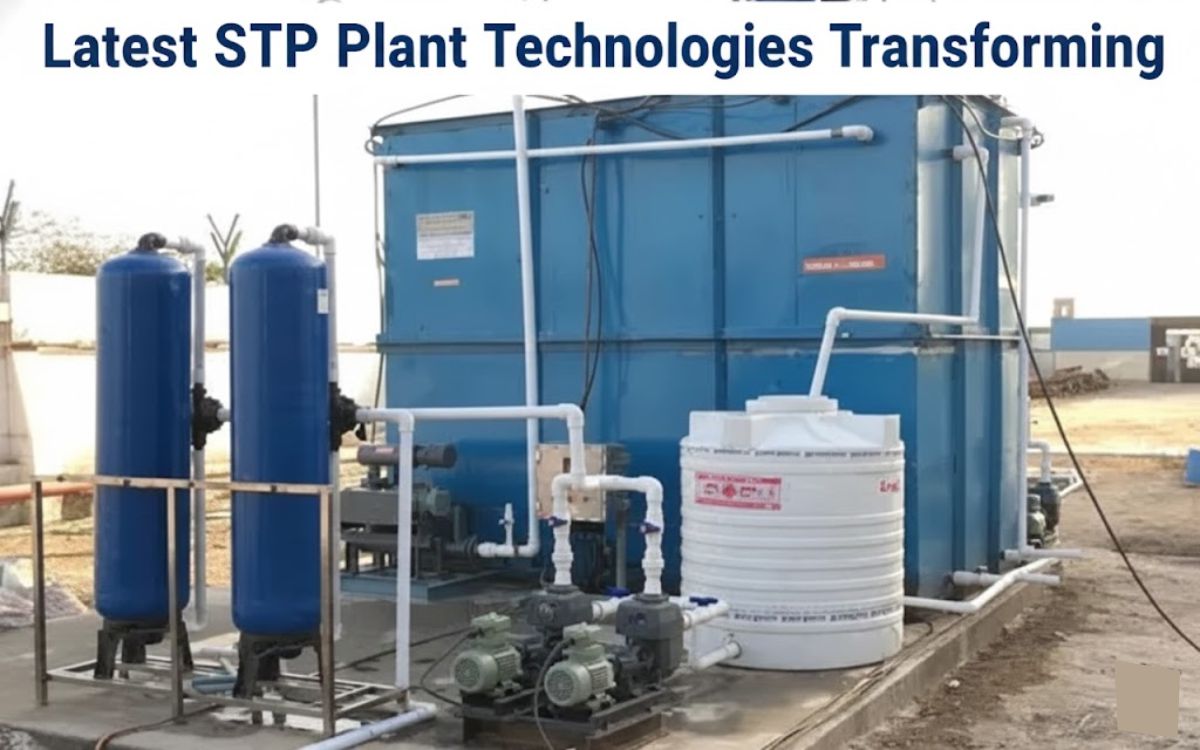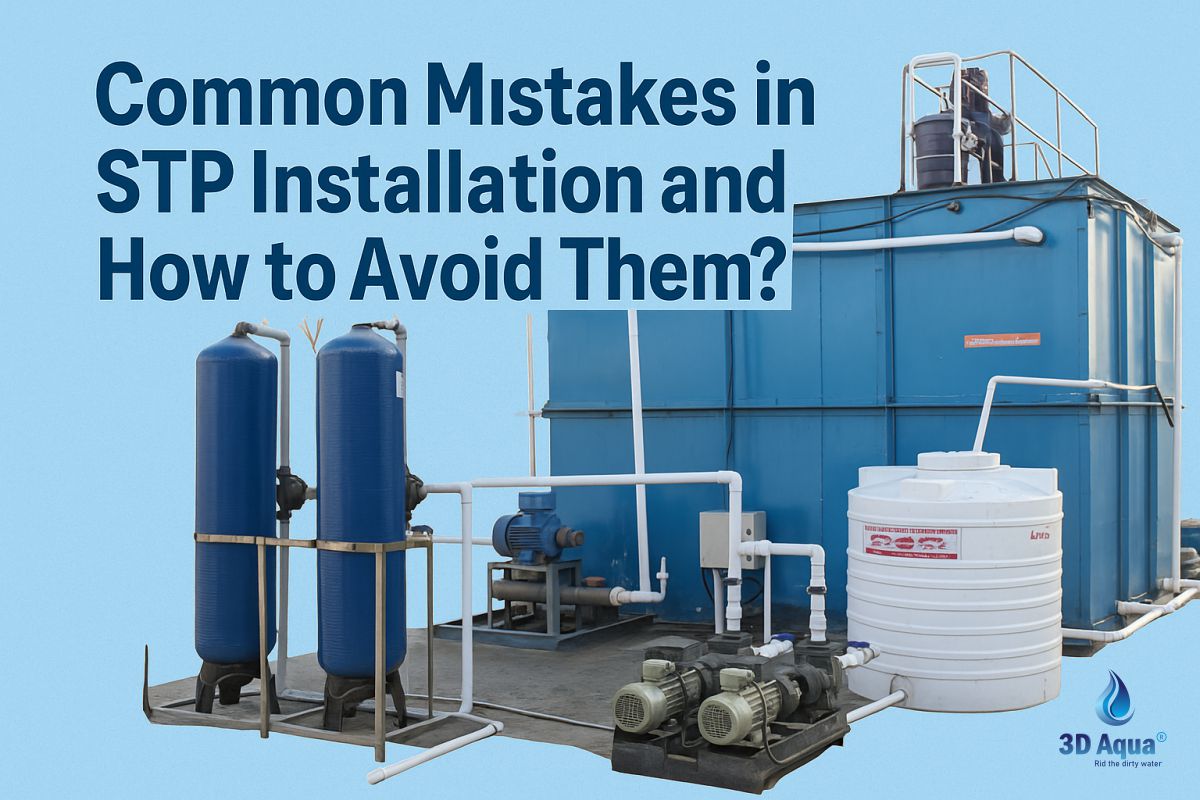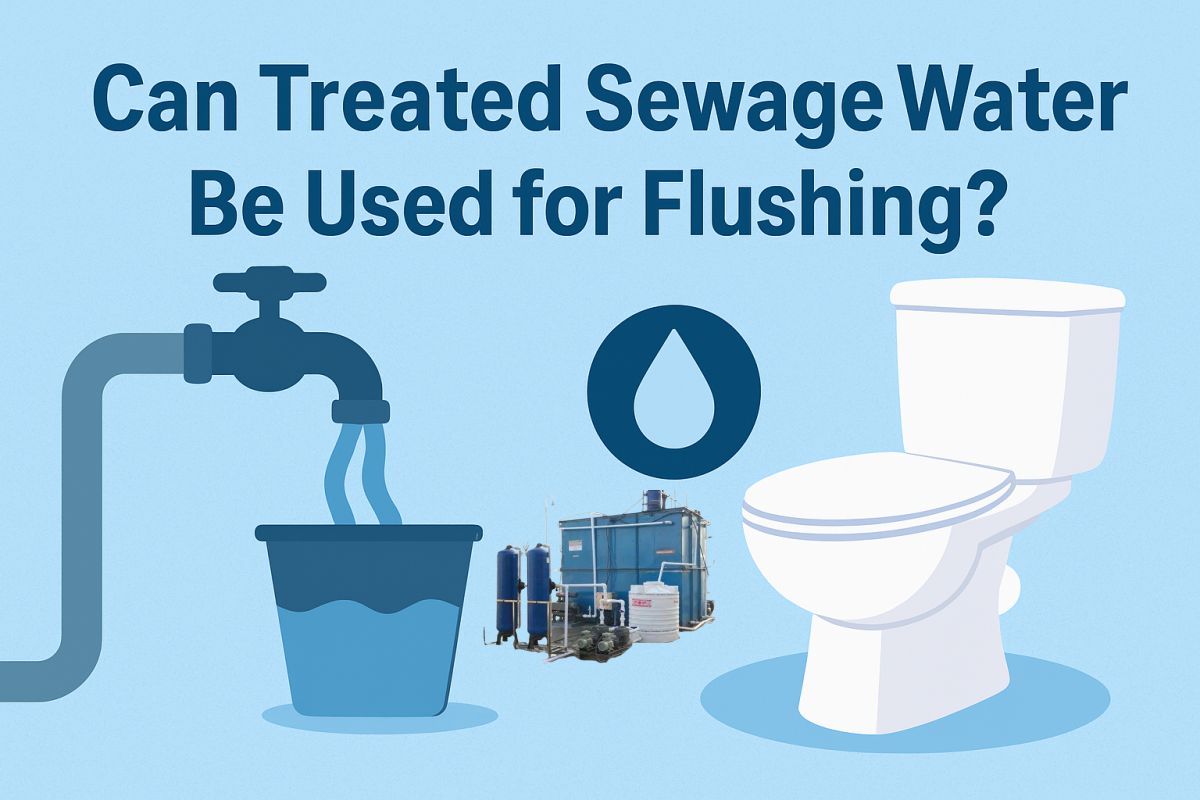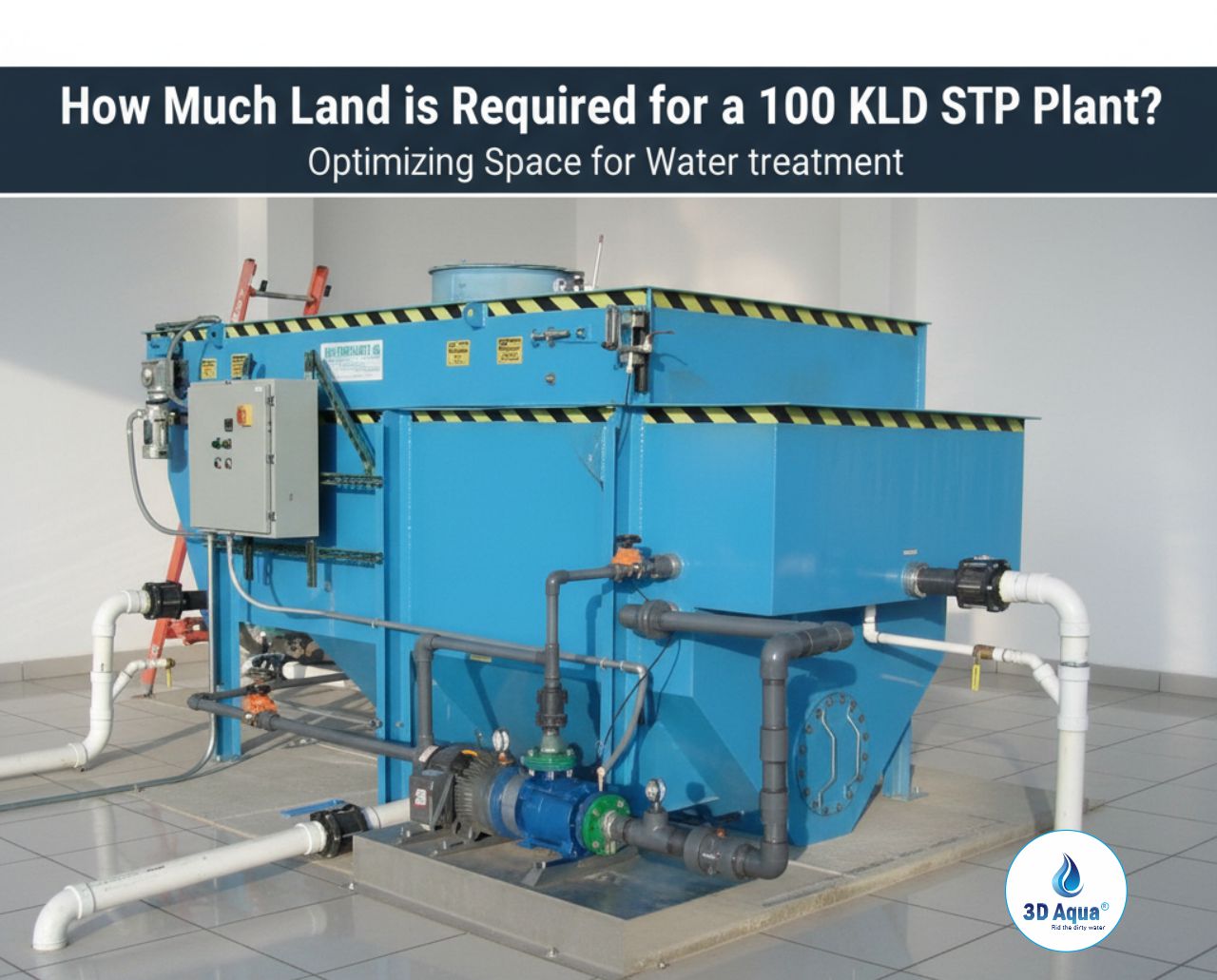Achieving Zero Liquid Discharge in Pharma Industries
Introduction The pharmaceutical industry is one of the most water-intensive sectors in the world. Water plays an essential role in every stage of production—whether it’s for manufacturing active pharmaceutical ingredients (APIs), cleaning equipment, or maintaining sterile environments. However, this extensive use of water leads to the generation of massive volumes of wastewater laden with complex … Read more


